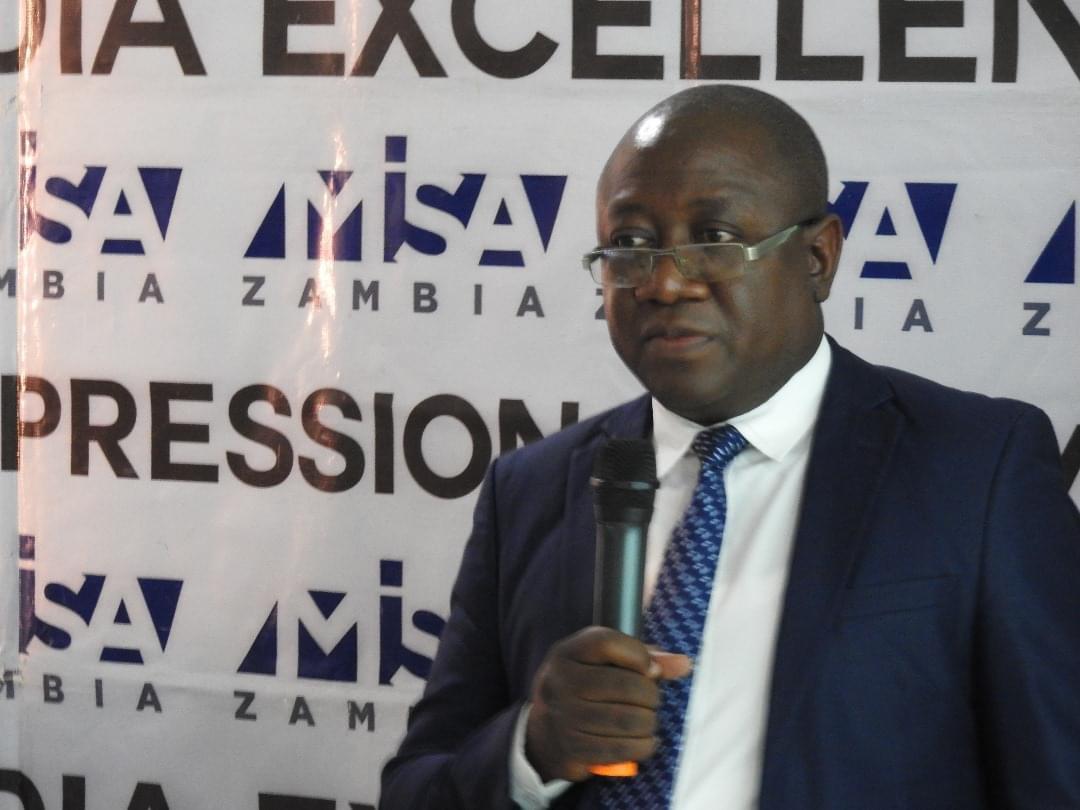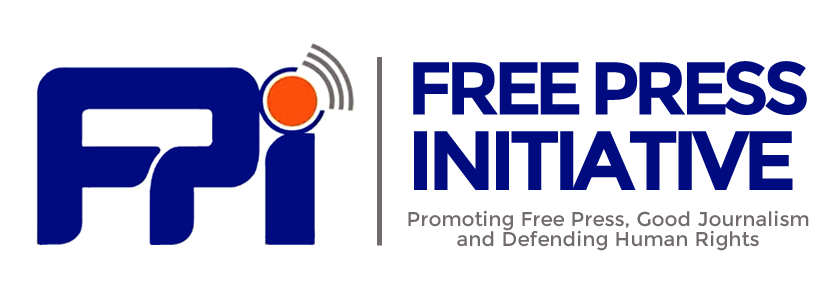

MISA Zambia convened a significant meeting on behalf of the Media Self Regulation Council of Zambia (MSCZ) to educate the media and other stakeholders about the critical importance of media self-regulation. This initiative is seen as a cornerstone of fostering free, professional, and credible media within an evolving community.
During the meeting, Kennedy Mambwe the chairperson of MSCZ highlighted that media self-regulation is not a carte blanche for unrestricted reporting. He emphasized that while the media plays a vital role in society, it must also respect human rights. He pointed out that trust in the media has waned in recent times, underscoring the necessity of self-regulatory mechanisms to restore and uphold public confidence in the media.
Following this, Sam Mujuda the chairperson of the Media Ethics Complaints Committee (MECC) detailed the committee’s composition and purpose. He introduced a new code of conduct designed to ensure that all media houses and journalists adhere to ethical standards. The MECC’s procedural framework for handling complaints is a three-tiered process:
Initial Complaint: Complaints must be raised within 30 days and lodged directly with the respondent.
Ombudsperson Review: If the complainant is dissatisfied with the respondent’s response, the ombudsperson will review the matter within seven days.
Panel Adjudication: As an appellate body, a panel of at least three committee members will hear appeals from parties dissatisfied with the ombudsperson’s decision. This panel will determine the matter within 14 days.
The meeting also discussed potential rulings and sanctions by the committee and the ombudsperson, including the procedural forms and reliefs available.
Several suggestions emerged from the meeting. Attendees recommended that the MECC take a proactive approach, not just waiting for complaints but actively identifying issues within the media. Additionally, there was a consensus on the need to increase public awareness about the committee and its procedures.
Participants also expressed the hope that parliamentarians would be involved early in the process to prevent the future establishment of a legal framework that most journalists and media houses oppose. Active engagement at this stage is seen as a deterrent to potential legislative actions that might restrict media freedom.
The meeting concluded with a call to promote self-media regulation, as it is instrumental in fostering democracy. Stakeholders were encouraged to champion this cause, highlighting its role in ensuring a free, professional, and credible media landscape in Zambia.





